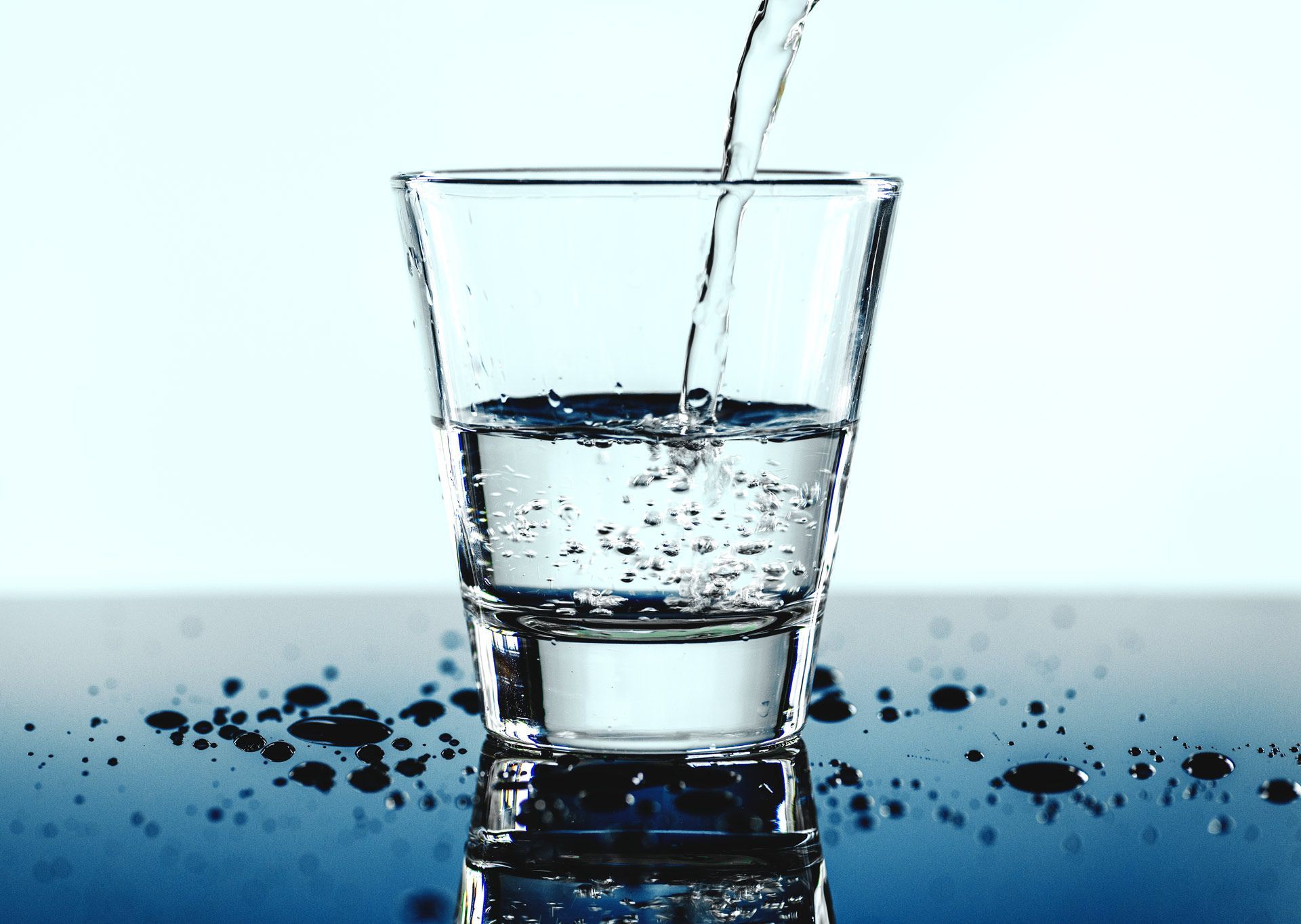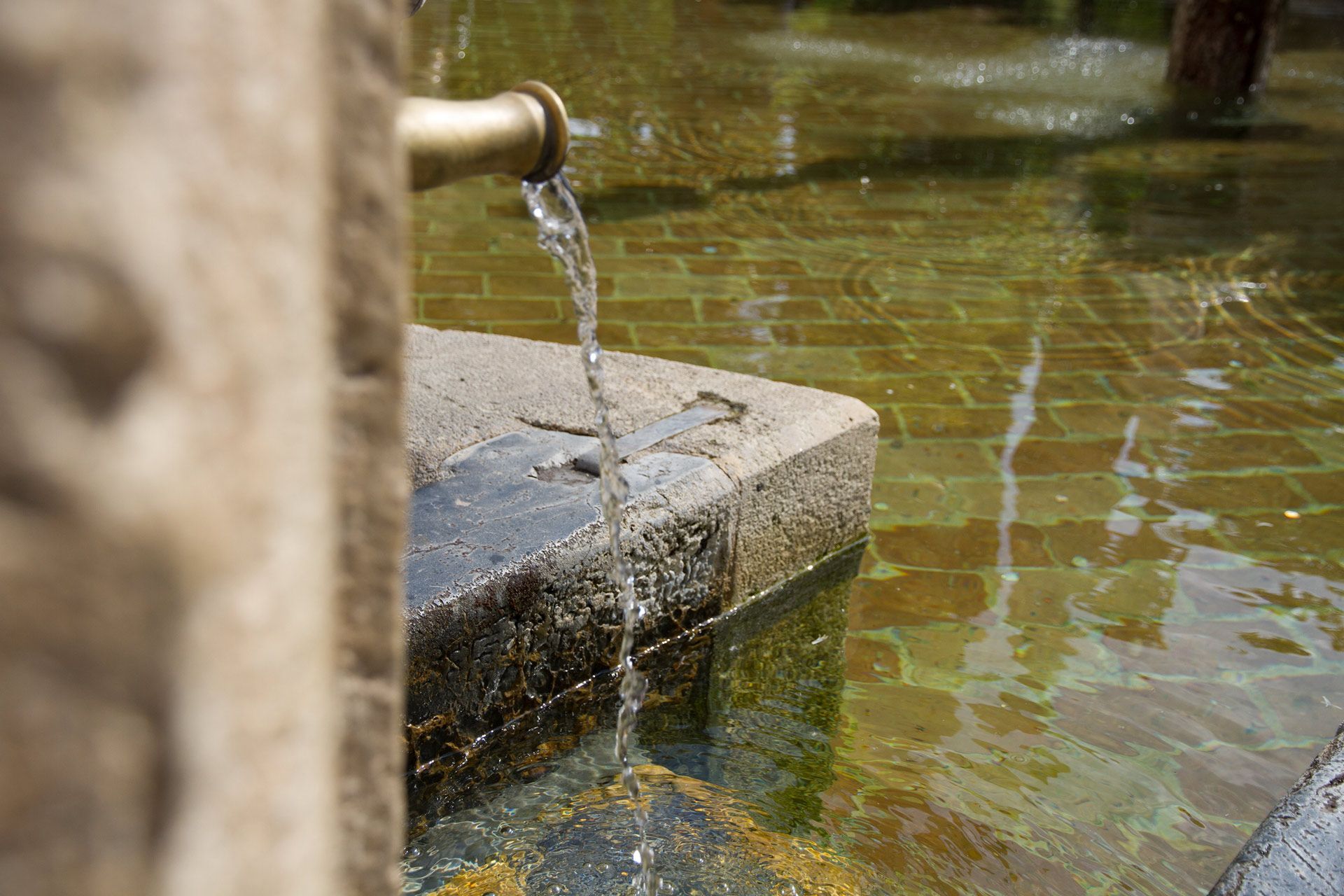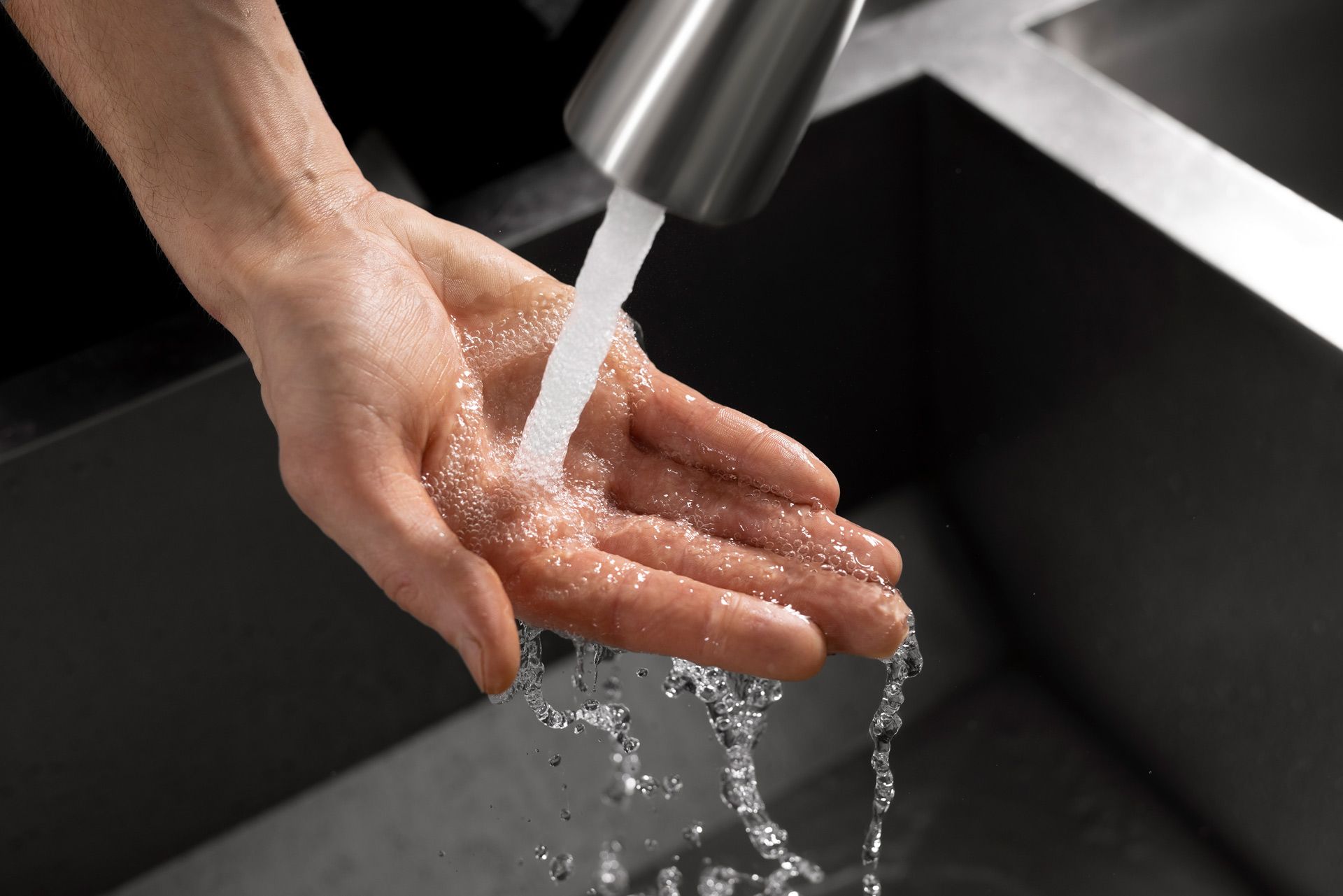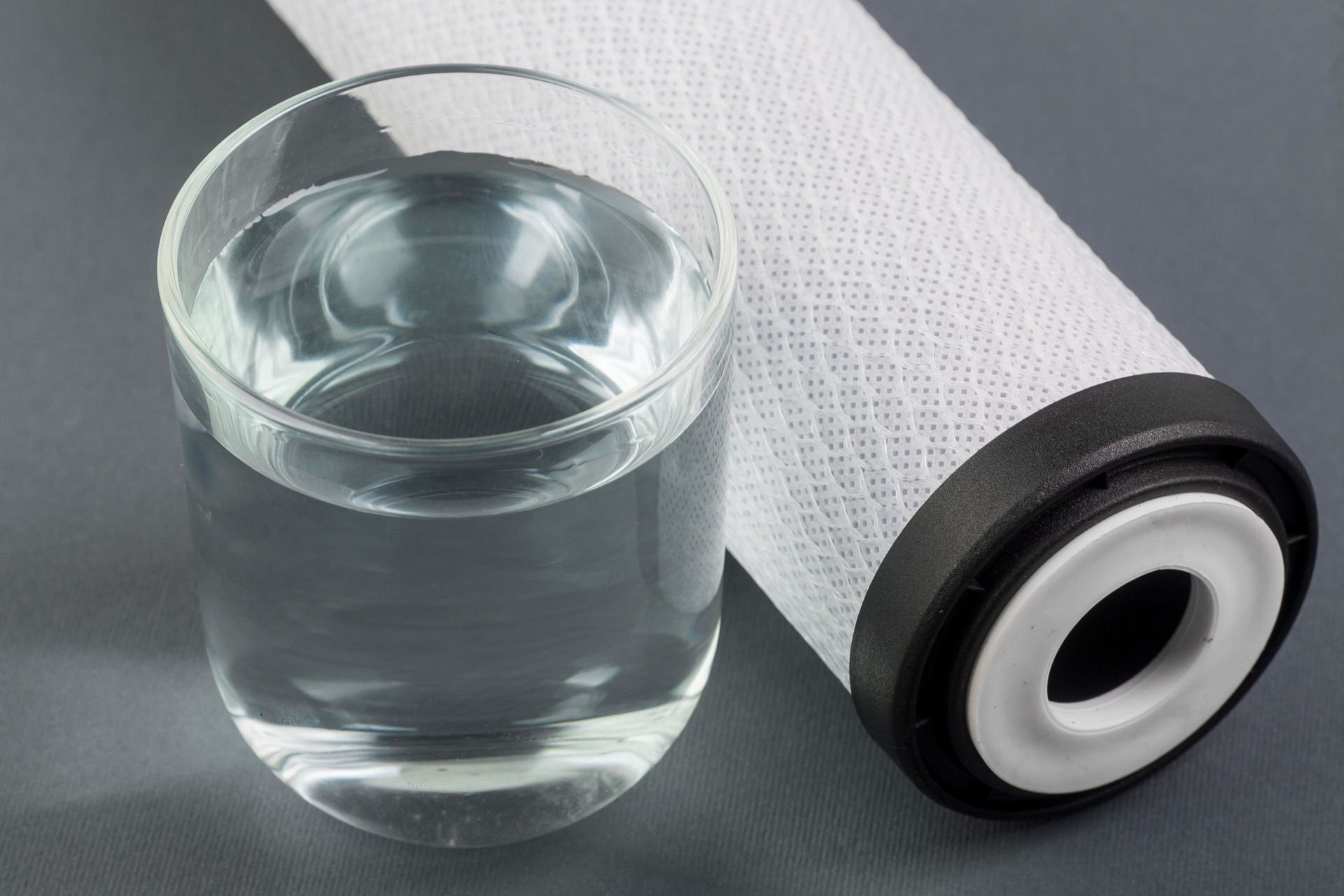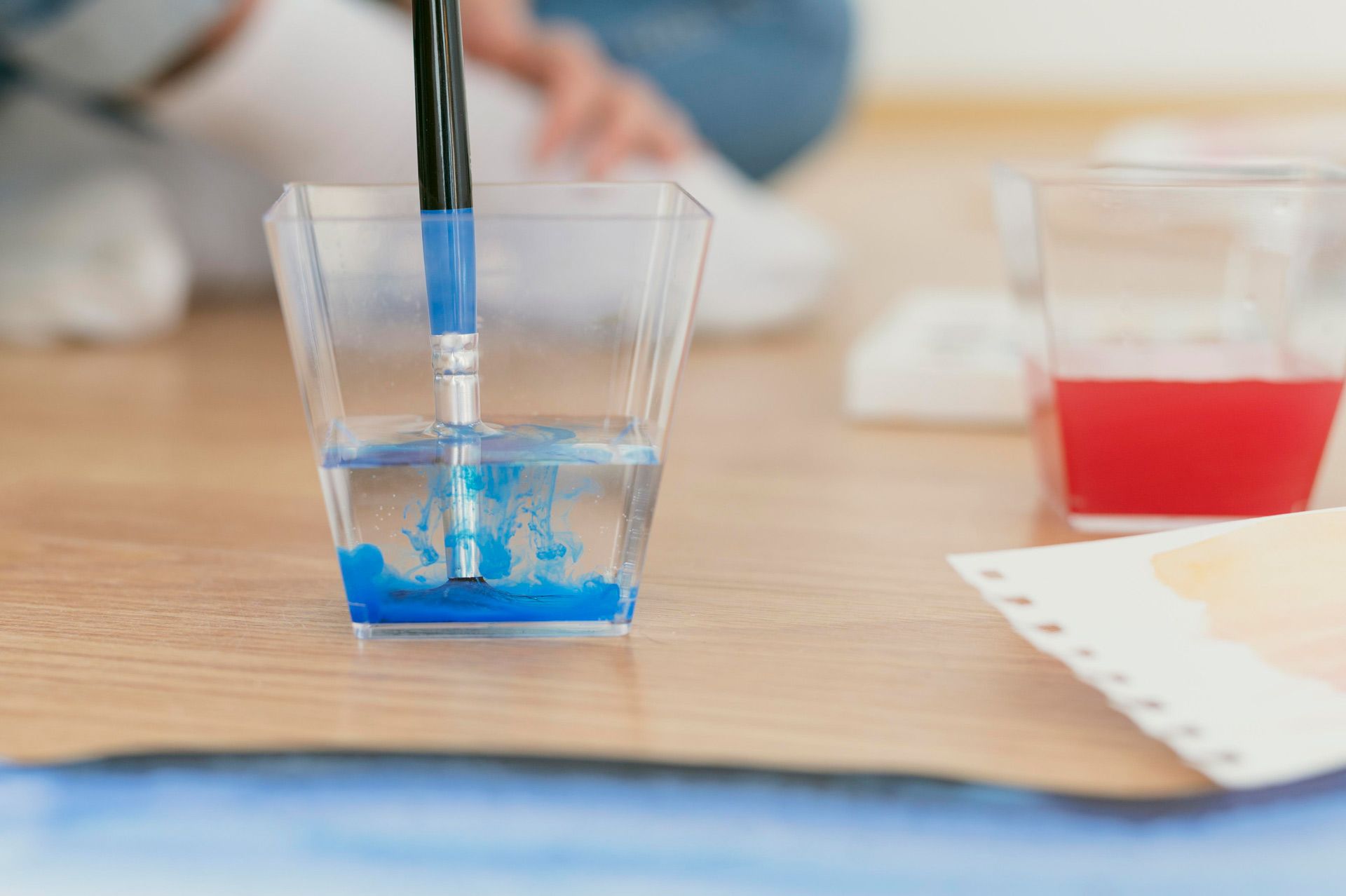Water Softener Repair vs Replacement: What Franklin Homeowners Need to Know
August 19, 2025
Introduction – The Big Question for Franklin Homeowners
If you live in Franklin, Indiana, you already know the damage hard water can cause. From cloudy dishes and soap scum to clogged pipes and appliance wear, a water softener isn’t a luxury—it’s a necessity.
But what happens when your water softener stops working properly? Should you repair it, or is it smarter to replace the system entirely?
This guide will walk Franklin homeowners through:
- The most common water softener repair issues
- When a replacement makes more financial sense
- Cost comparisons between repair and new installation
- FAQs from Indiana homeowners
When to Repair a Water Softener
In many cases, a repair can extend the life of your system. Repairs are often the right choice if your unit is under 10 years old and the issue is minor.
Common repair situations include:
- Salt bridging: Hardened salt creates a block in the brine tank, preventing regeneration.
- Clogs in the resin tank: Build-up of iron or sediment reduces efficiency but can be flushed.
- Malfunctioning valves or controls: Electronic timers or control valves often fail but can be replaced.
- Low water pressure: Typically caused by sediment blockage or a clogged line.
Repairs usually cost $150–$700, depending on the part and labor involved.
When to Replace a Water Softener
Sometimes, repair isn’t the smartest investment. If your unit is older, inefficient, or has recurring problems, replacement provides better long-term value.
Signs it’s time to replace:
- System age: More than 10–15 years old.
- Frequent repairs: Multiple service calls in a year add up quickly.
- Poor efficiency: Higher salt and water use than newer systems.
- Persistent hard water symptoms: Even after servicing, your water still feels hard.
A new water softener in Franklin typically costs $1,200–$2,500 installed. While that’s a higher upfront cost, you save money over time with improved efficiency, warranties, and reduced maintenance.
Repair vs Replacement: Key Considerations
Deciding between repair and replacement comes down to weighing cost, age, and performance.
Comparison Table
| Factor | Repair | Replacement |
|---|---|---|
| Cost | $150–$700 | $1,200–$2,500+ |
| Best Fo | Units under 10 years old with minor issues | Units 10+ years old, inefficient, or frequently failing |
| Benefits | Lower upfront cost, extends life0 – $5,000+ | Long-term savings, efficiency, warranty coverage |
| Risks | May not solve recurring issues | Higher upfront cost |
Step-by-Step Decision Guide
- Check the age of your system. If it’s over 12 years old, replacement is usually best.
- Review recent repair costs. Spending more than half the cost of a new unit on repairs? Time to replace.
- Assess water quality. If you’re still seeing stains, scale, or cloudy water, the system may not be worth fixing.
- Ask for a professional water test. Local experts can tell you if your system is sized correctly and functioning well.
FAQs – Answering Common Homeowner Questions
How long do water softeners last in Franklin, IN?
Most systems last 10–15 years with proper maintenance. Harder well water may shorten lifespan.
Is it cheaper to repair or replace a water softener?
Short term, repair is cheaper. Long term, replacement often saves money if your unit is older or inefficient.
Can I repair my water softener myself?
Minor issues like salt bridging can be fixed at home. For valve, resin, or electronic problems, professional service is recommended.
What’s the warranty on new systems?
Most new softeners come with 5–10 year warranties, offering peace of mind that repairs can’t match.
Will a new water softener save money?
Yes. Newer systems use less water and salt, protecting appliances and lowering utility costs.
Conclusion – Making the Smart Choice in Franklin
The decision to repair or replace comes down to a few simple questions: How old is your system? How much are you spending on repairs? Is your water quality improving?
For many Franklin homeowners, replacing an old unit offers the best long-term value, while repairing newer systems can extend their life.
If you’re unsure, the best first step is a
professional water test and system evaluation. That way, you’ll know exactly whether a repair or a replacement makes the most sense for your home.



